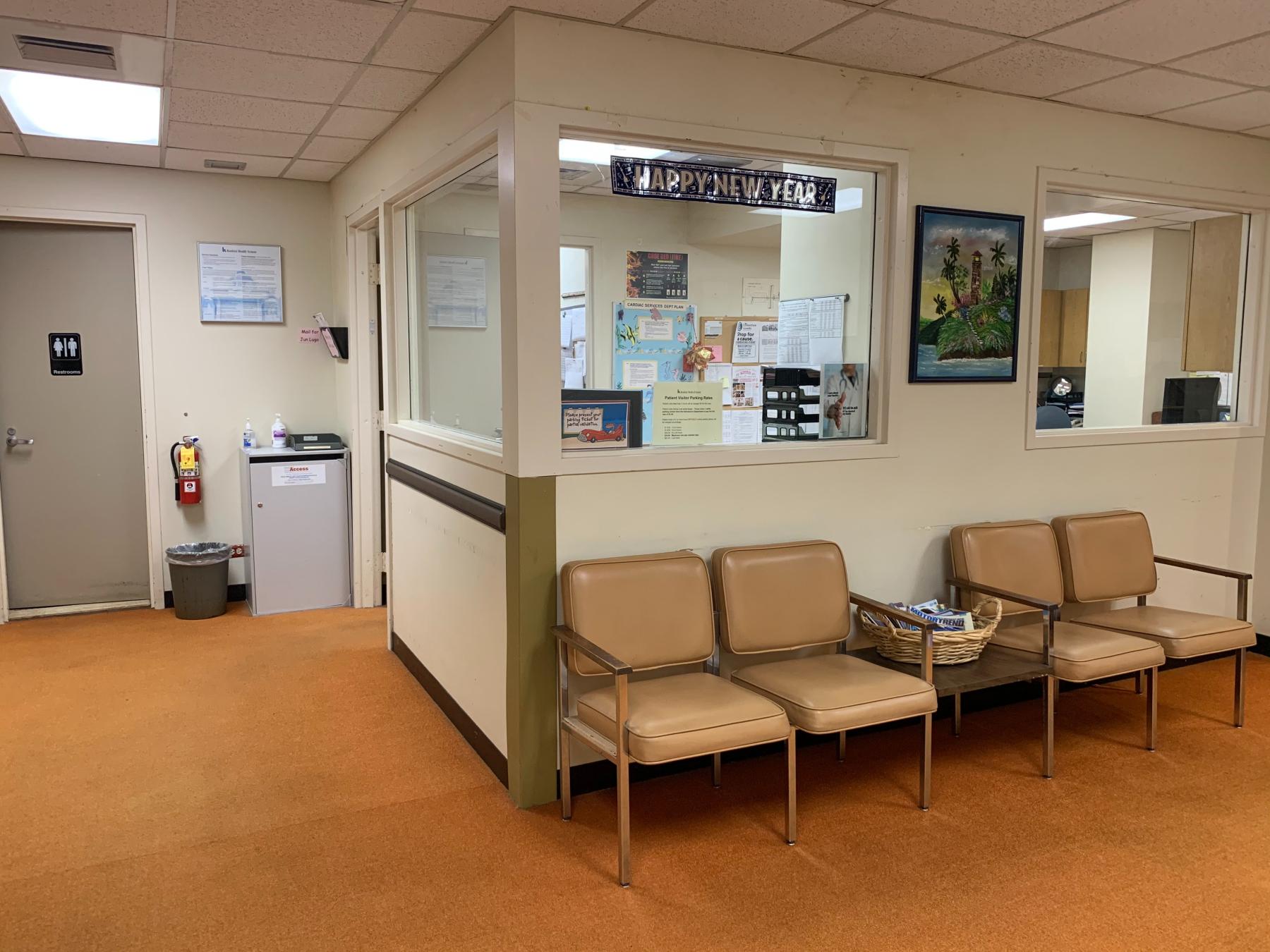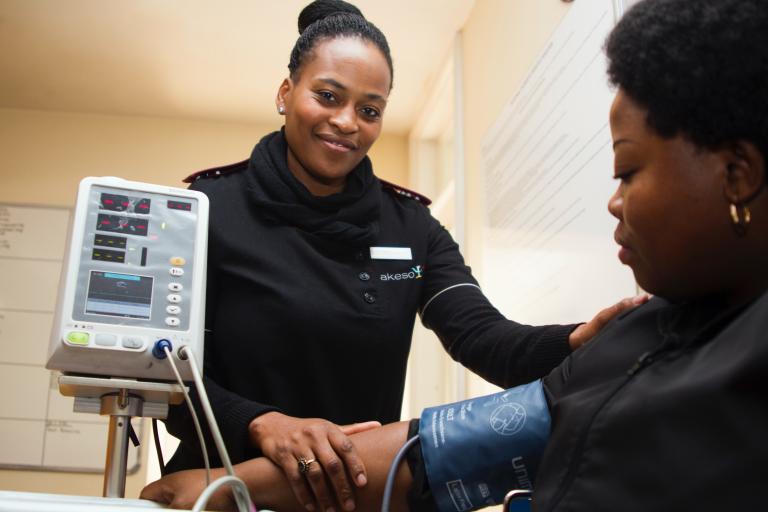08/06/2021
Why are members of the trans community waiting up to five years for a first appointment at a Gender Identity Clinic?
The pandemic has highlighted the issue of NHS waiting lists. But for members of the trans community looking to medically transition, years of waiting for a first appointment has tragically become the norm. Niamh investigates why this is the case.
The PSC is joining others across the UK, and internationally, to celebrate Pride Month this June. We’re celebrating our fantastic LGBTQ+ colleagues, but also recognising that there is still much more to be done to push for further rights and reach parity for people with LGBTQ+ identities.
As an organisation that specialises in healthcare, we want to use our platform to consider and spotlight the experiences of the LGBTQ+ community in this area. For many, the association of these two topics, would prompt a consideration of HIV/AIDs and both the medical advancements and political struggle involved in improvements in experience and outcomes for HIV positive people. Whilst this topic is not our focus today, it does provide an important precedent of how essential collective action, allyship, and a reduction in stigmatisation are to improving health outcomes for LGBTQ+ people.

The COVID-19 pandemic has shone a spotlight on waiting times for many Trusts, with elective and cancer waiting times being the primary focus of attention. The Kings Fund found that by April of 2021, around 1 in 12 patients on NHS waiting lists have been there over a year (Kings Fund, April 2021). Further, around 50% of those receiving cancer treatment have experienced delays over the last 18 months (Macmillan, 2020). For many, this means living with worsening illness and disability. Understandably, the unacceptability of this scenario has meant a reduction in waiting lists has become a priority for all Trusts in their Covid recovery planning.
For members of the trans community looking for healthcare however, waiting times of over a year are not a novelty or a sole function of a crisis situation. Prior to the pandemic, the time between a referral and a first appointment at a Gender Identity Clinic (GIC) was typically 2-3 years dependent on the patient’s location in the UK (Trans Health UK, 2021). GICs are an important first step in trans-specific healthcare pathways, with an initial appointment needed before an individual can receive gender affirming treatments such as Hormone Replacement Therapy (HRT) or surgery.
At present, Gender Identity Clinics (GICs) in the UK are booking first appointments for people referred to the service in October 2017 (NHS GIC, 2021). This outlook is even more bleak in underserved areas, with the singular clinic in the West of England having waiting times of up to 5 years (Trans Health UK, 2021). For trans people, looking to medically transition, this means either continuing to live with dysphoria or seeking often costly alternatives such as private treatment or treatment overseas. The cost of these options are prohibitive for many, creating significant inequalities in experience. For those who have started treatment, the pandemic has also disrupted its continuation, with regular hormone injections delayed and surgeries cancelled.
The provision of trans specific healthcare in the UK must improve. In the short-term, the long waiting lists of people seeking first appointments needs to be addressed. Digital technologies such as Microsoft Teams/ Zoom can be utilised to enable virtual appointments to take place (with the added bonus of removing the often lengthy journeys to GICs for patients).
In the longer-term, a change of incentive will likely be needed for trans specific healthcare to be prioritised. The introduction of waiting time metrics (such as those associated with the RTT standards for elective procedures and cancer) could be one possible method for this to happen; with this driving greater accountability and incentivising improved performance.
Data will be essential to underpin this process, with clinics supported to provide standardised, high-quality reports. Alternatively, foregrounding of trans specific healthcare within major forward looking plans (e.g. the NHS Long Term Plan), will hopefully see some improvements.
This June, there is much to celebrate - particularly for the LGBTQ+ community. However, more work remains to ensure that everyone, regardless of gender or sexuality, has access to the healthcare resources that enable them to lead a high-quality, and happy life. At The PSC, we are committed to addressing these inequalities in healthcare through our client work and we will continue to strive to make our place of work one that is inclusive to all.
Author: Niamh Bridson Hubbard
Latest News & Insights.

What does a good net zero programme look like for Integrated Care Systems?
The NHS has committed to reaching net zero in 2045 and Integrated Care Systems…

The PSC Wins Double Silver at the HSJ Partnership Awards 2024
We are delighted to announce that we have been awarded double silver at The HSJ…

National knowledge transfer and skills building programme for 50 mental health NHS Trusts to improve equity of experience for detained patients
In the year to March 2022, black people were almost 5 times as likely as white…
